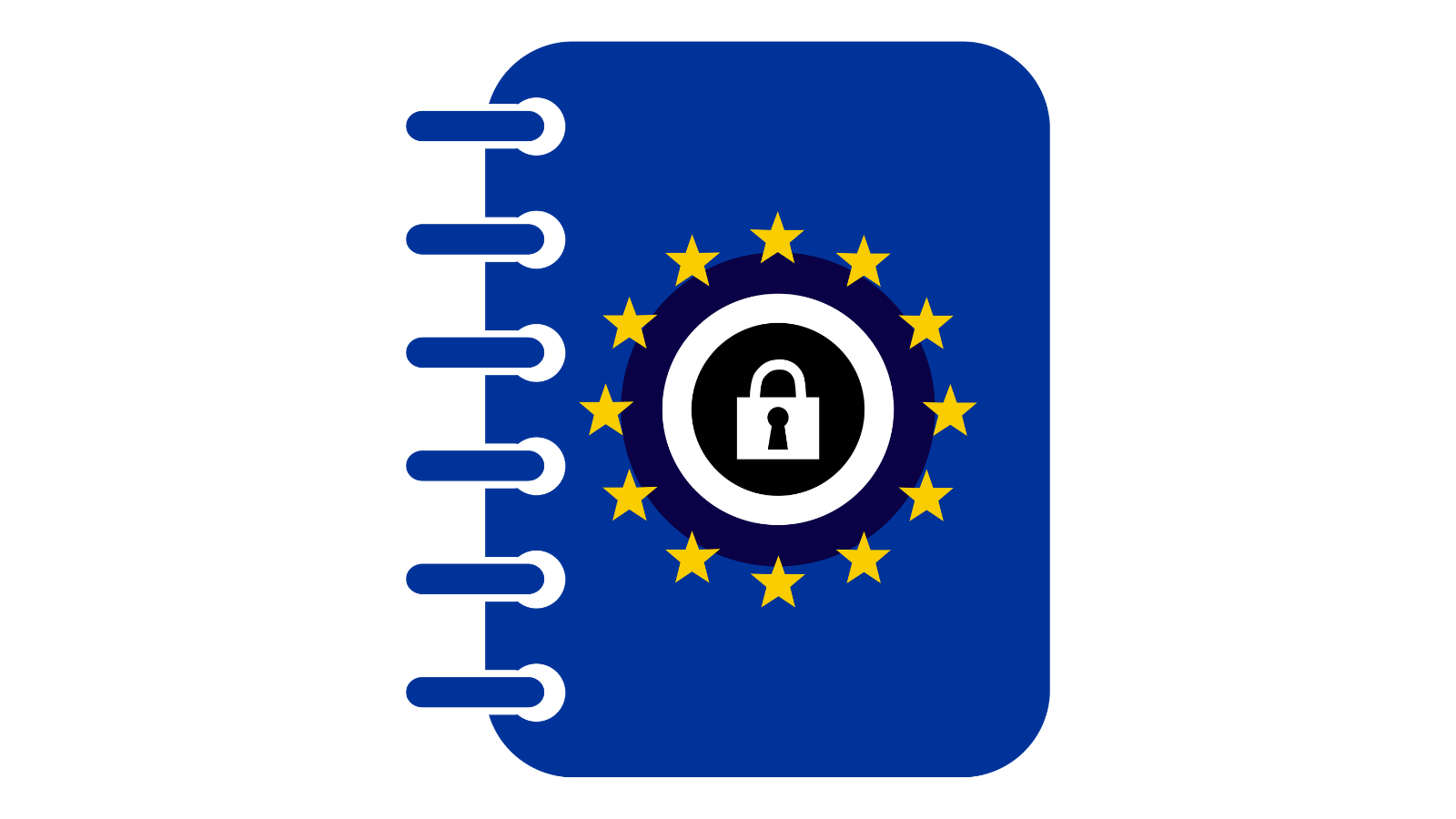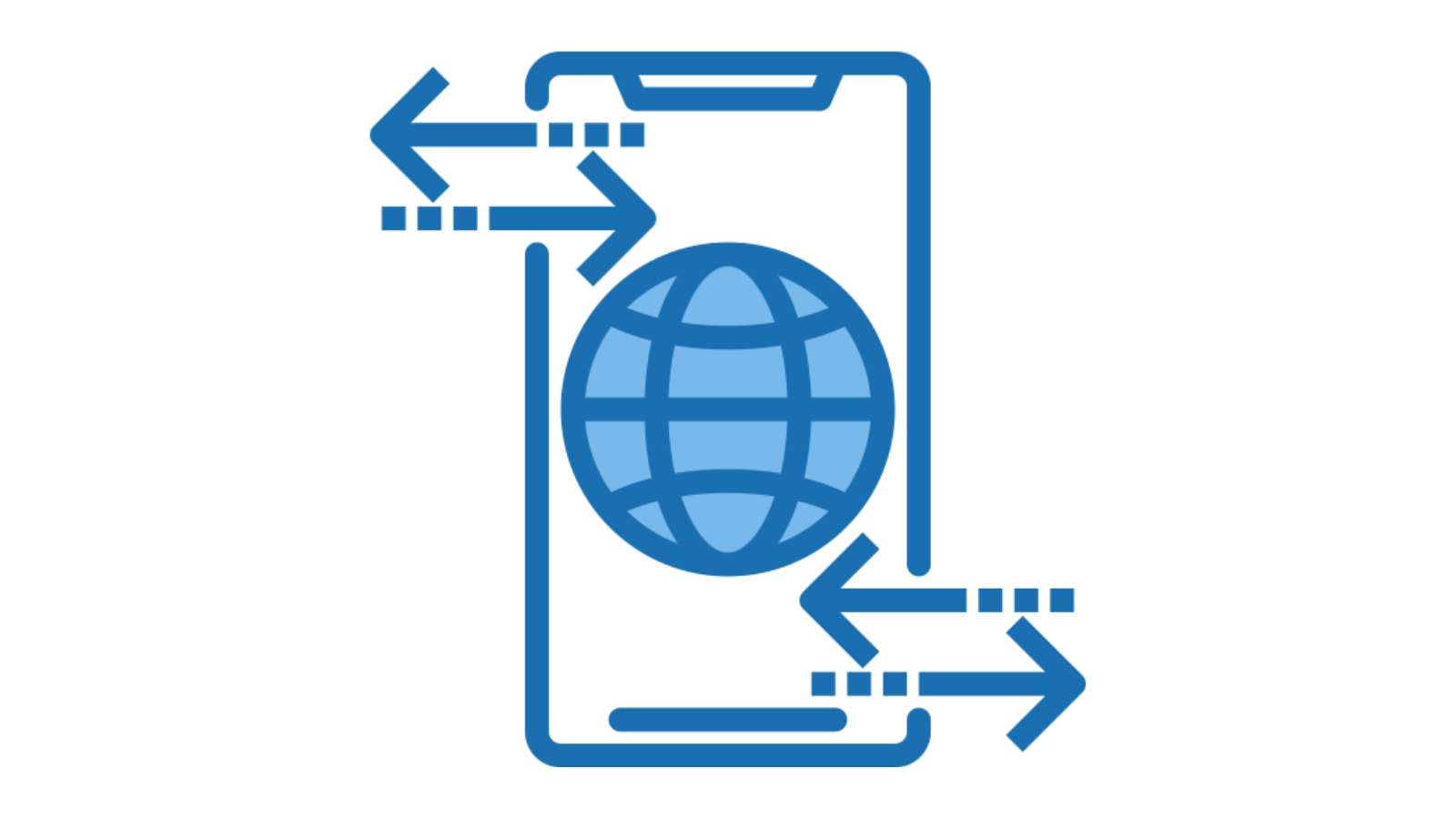VERSIONE ITALIANA NEW JERSEY, NUOVA LEGGE SULLA PRIVACY Il governatore DEL New Jersey Phil Murphy ha firmato recentemente una legge che si prefigge lo scopo di protegge la privacy dei consumatori. La legge richiede ai siti web e i fornitori online di notificare ai clienti la modalità di raccolta e la divulgazione dei dati personali …




